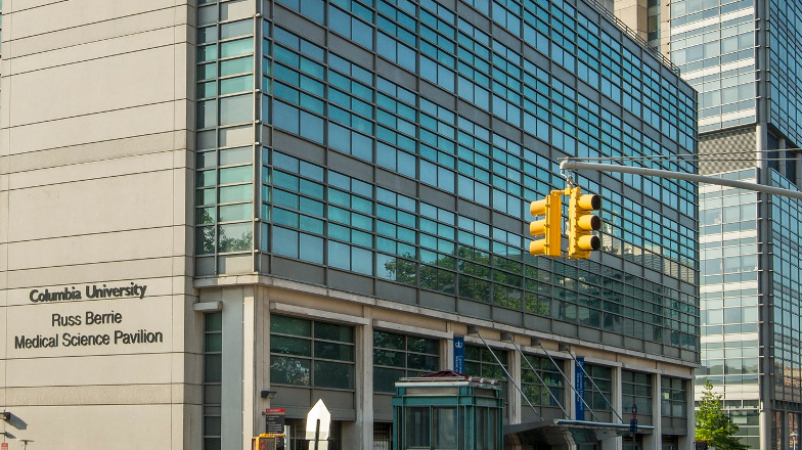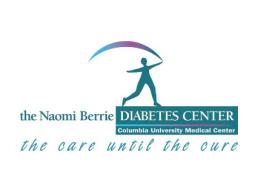
Columbia University is one of seventeen type 1 diabetes TrialNet International Clinical Centers at the forefront of type 1 diabetes research. Led by Robin Goland, MD, the TrialNet team at Columbia University is dedicated to preventing type 1 diabetes and stopping disease progression by preserving insulin production before and after diagnosis.
Our Team

Robin Goland, MD
Dr. Robin Goland, J. Merrill Eastman Professor of Clinical Diabetes, Professor of Medicine and Pediatrics at Columbia University, directs the patient care and clinical research programs at the Berrie Center. She was instrumental in establishing the Naomi Berrie Diabetes Center in July 1998. Under the leadership of Dr. Goland and Berrie Center Co-Director Dr. Rudolph Leibel, the Berrie Center has become recognized nationally and internationally for excellence and innovation in patient care and research in diabetes. Dr. Goland has a B.A. from Harvard University and an M.D. from Columbia University College of Physicians & Surgeons. She was a resident and chief medical resident at NY-Presbyterian Hospital and did her endocrinology research training at Columbia University.

Magdalena Bogun, MD

Kristen Williams, MD

Rachelle Gandica, MD
Anabel Evans
Kaisha Mofford
James Pring
Regional Affiliates
Research Studies
If you have a relative with T1D, you may be eligible for risk screening that can detect the early stages of T1D years before symptoms appear. More
Depending on your risk screening results, you may be eligible for monitoring. We’ll monitor you for disease progression and let you know if you become eligible for a study. More
TrialNet is testing a low dose of the immunotherapy drug anti-thymocyte globulin (ATG) to see if it can delay or prevent type 1 diabetes (T1D) in people ages 6 to 34 who have a 50% risk of clinical diagnosis (Stage 3) within 2 years. Risk is defined by having two or more autoantibodies and abnormal blood sugar (Stage 2), plus at least one high-risk marker (based on test results). In an earlier TrialNet study for people newly diagnosed with T1D, low-dose ATG preserved insulin production and improved blood sugar control for 2 years. Details
TrialNet researchers are testing two different treatments – abrocitinib and ritlecitinib – to see if either or both can preserve insulin production in people (ages 12-35) newly diagnosed with type 1 diabetes (Stage 3 T1D). Abrocitinib and ritlecitinib are in a new class of autoimmune treatments called Janus kinase (JAK) inhibitors. Details
TrialNet is testing rituximab-pvvr and abatacept in people (ages 8-45) who were newly diagnosed with type 1 diabetes (T1D) to learn if using both treatments, one after the other, maintains the body’s ability to make insulin. By adding abatacept after rituximab-pvvr, researchers predict more people will experience prolonged beta cell function during and possibly after treatment. Details
If you are diagnosed with T1D while participating in one of our prevention studies, we’re still here for you. You can continue to receive personal monitoring while helping us learn more. More
TrialNet is testing the safety of a new treatment, NNC0361-0041, in adults diagnosed with type 1 diabetes (T1D) in the past 48 months. This is a Phase 1 study, which means it is the first time this treatment is being tested for safety in people. If this study results in no safety concerns, we plan to conduct a larger study to see if this same treatment can slow down or stop T1D in people at high risk, before clinical diagnosis. More





